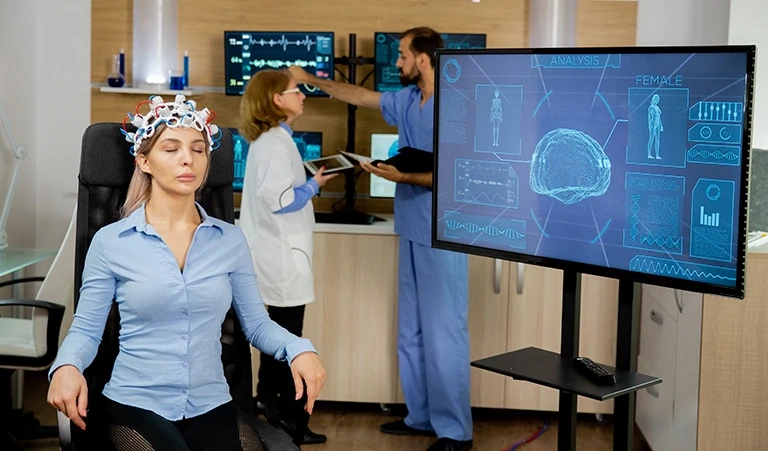
Transcranial Magnetic Stimulation (TMS) is a non-invasive procedure that uses magnetic fields to stimulate nerve cells in the brain, offering a valuable alternative for individuals who have not responded well to traditional mental health treatments. While research into its applications is ongoing, certain patient profiles are currently recognized as the ideal candidates for this innovative therapy.
The primary beneficiary of TMS is the patient struggling with Treatment-Resistant Major Depressive Disorder (TRD). This refers to adults diagnosed with major depression who have not found adequate relief after trying at least two different antidepressant medications at therapeutic doses. For these patients, TMS—which targets the underactive prefrontal cortex—can be a life-changing option to modulate mood and alleviate symptoms.
Beyond depression, the U.S. Food and Drug Administration (FDA) has also cleared TMS for treating Obsessive-Compulsive Disorder (OCD) and for aiding smoking cessation. These approvals highlight the technique’s ability to influence brain circuits linked to repetitive behaviors and cravings. Furthermore, certain TMS protocols are approved for treating migraines.
Other key candidates include individuals who:
Cannot tolerate medication side effects: Patients who experience severe side effects (like weight gain or sexual dysfunction) from oral medications.
Prefer non-systemic treatment: Since TMS is non-invasive and localized, it is sometimes recommended for pregnant women with severe depression, as it avoids direct introduction of medication into the bloodstream.
Finally, while still considered investigational, TMS shows promise in treating conditions like Post-Traumatic Stress Disorder (PTSD), chronic pain, and anxiety disorders, indicating an expanding scope for its application in psychiatry and neurology.